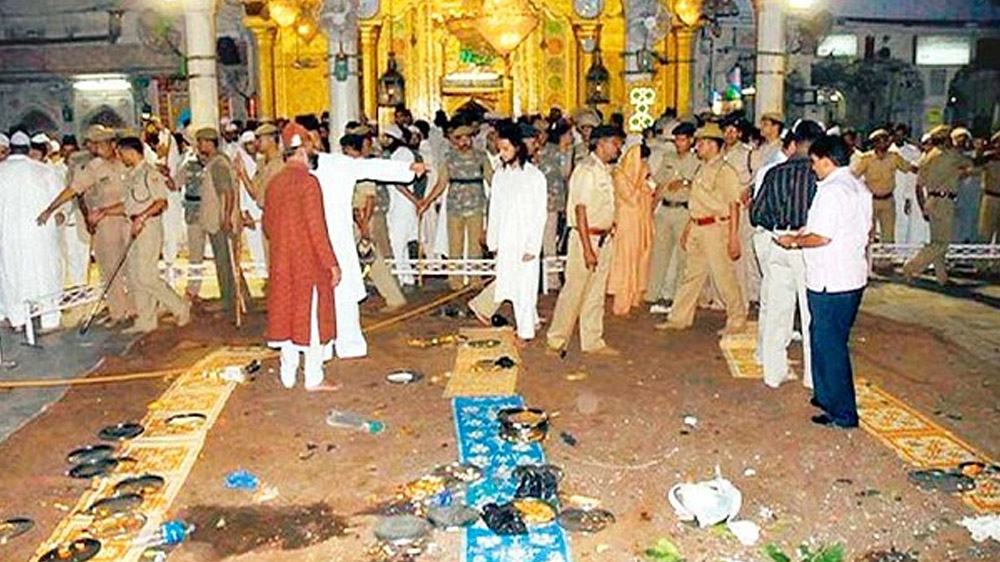In a recent verdict, Abdul Karim Tunda, the main accused in the 1993 serial bomb blast case, was acquitted by the TADA court in Ajmer due to insufficient evidence. Two others, Irfan and Hameeduddin, were sentenced to life imprisonment. Tunda, now 81, was linked to the bombings that occurred in trains across various cities like Kota, Lucknow, Kanpur, Hyderabad, Surat and Mumbai in 1993 following the demolition of Babri Masjid in Ayodhya.
Despite being on India's radar as one of its most wanted terrorists, Abdul Karim Tunda, now 81, managed to evade conviction in this high-profile case. The prosecution, represented by the Central Board of Investigation (CBI), failed to substantiate their claims against Tunda with compelling evidence during the trial. Tunda's defense lawyer, Advocate Sultani, emphasised the lack of concrete proof presented by the prosecution across multiple legal statutes.
“Abdul Karim Tunda is innocent, today the Court gave this judgement. Abdul Karim Tunda has been acquitted in all sections and all acts. CBI prosecution could not produce any concrete piece of evidence before the court in TADA, IPC, Railway Acts, Arms Act, or Explosive Substances Act,” Tunda's Advocate Sultani told media.
Public prosecutor in the case denied comments saying he would speak to media after studying the certified order copy of the special court.

Who is Abdul Karim Tunda?
Abdul Karim Tunda's life story is as intriguing as it is complex. Born in 1941 in Uttar Pradesh's Hapud district, Tunda faced early hardships following his father's demise when he was just 11 years old. He navigated through various odd jobs, including carpentry, barbering, and bangle making, while moving across different parts of India in search of employment. Tunda's personal life was marked by multiple marriages, with his activities often veiled in secrecy and suspicion.
Tunda's involvement in militant activities earned him a notorious reputation, landing him on India's list of most wanted terrorists. Following the 26/11 terrorist attacks, India sought the extradition of Tunda from Pakistan, where he was believed to be residing. Alongside other prominent figures such as Hafiz Saeed and Maulana Masood Azhar, Tunda was a subject of diplomatic tensions between the two neighboring nations.
Despite his alleged ties to terrorist organizations like Lashkar-e-Taiba, Tunda's legal journey has been turbulent. In 2016, he was acquitted in four cases by a Delhi court, only to be convicted in the 1996 Sonipat blast case, resulting in a life sentence and a hefty fine. Throughout his legal battles, Tunda's expertise in bomb-making remained a central point of interest for law enforcement agencies. At the time of his arrest, Tunda was found in possession of a Pakistani passport, further fueling suspicions about his international connections.
The BuckStopper, run by a group of seasoned journalists, holds the powerful accountable. The buck stops with them, as they cannot shrug off their official responsibilities.